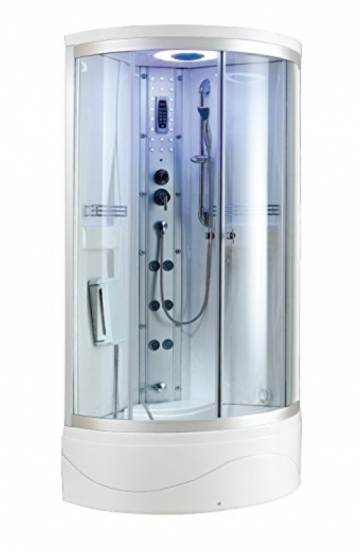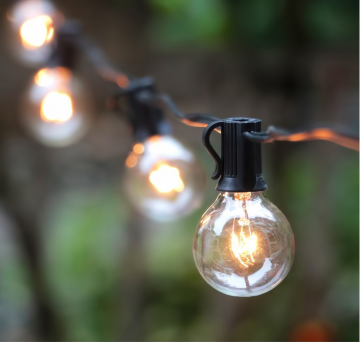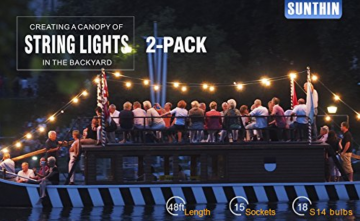Applying a pool shock treatment to a swimming pool on a regular basis (typically once a week) will help to balance your pool chemistry and key the water safe. Pool shock is a powerful oxidizer and it works to break down organic contaminants that have combined with chlorine to form chloramines or combined chlorine compounds. While chloramines still have some disinfectant properties, it is not as effective as sanitizer as chlorine that has not combined with waste matter (also known as free chlorine). Chloramines are also responsible for unpleasant odors and can cause skin and eye irritation.
When choosing a pool shock treatment you will need to decide between a non chlorine or a a chlorine shock treatment. Both will work with bromine, chlorine and ozone pools (but not for biguanide pools). If you have a delicate pool liner it may be safer to use a non-chlorine products as this will not have a bleaching effect. But fast dissolving chlorine shock treatments and liquid chlorine shock treatments are also available and should not cause damage if you follow the product instructions carefully.
Before applying the shock remove all debris from the pool as this will quickly reduce the oxidizing strength of the treatment you are adding. It is also important that no-one is using the pool. This rule applies for both chlorine free and chlorine products. The only difference being when swimmers can return to the pool. With some chlorine free products pool downtime can be as little as 15 minutes. In order to calculate the correct dosage instructions you will need to know the size of your pool in gallons as well as the levels of combined chlorine in the pool.
It makes sense to shock the pool int he late afternoon or early evening. Certainly avoid shocking in full sunlight. A Sunday evening weekly routine is a good idea as this marks the end of what is typically a busy weekend period of pool use.








